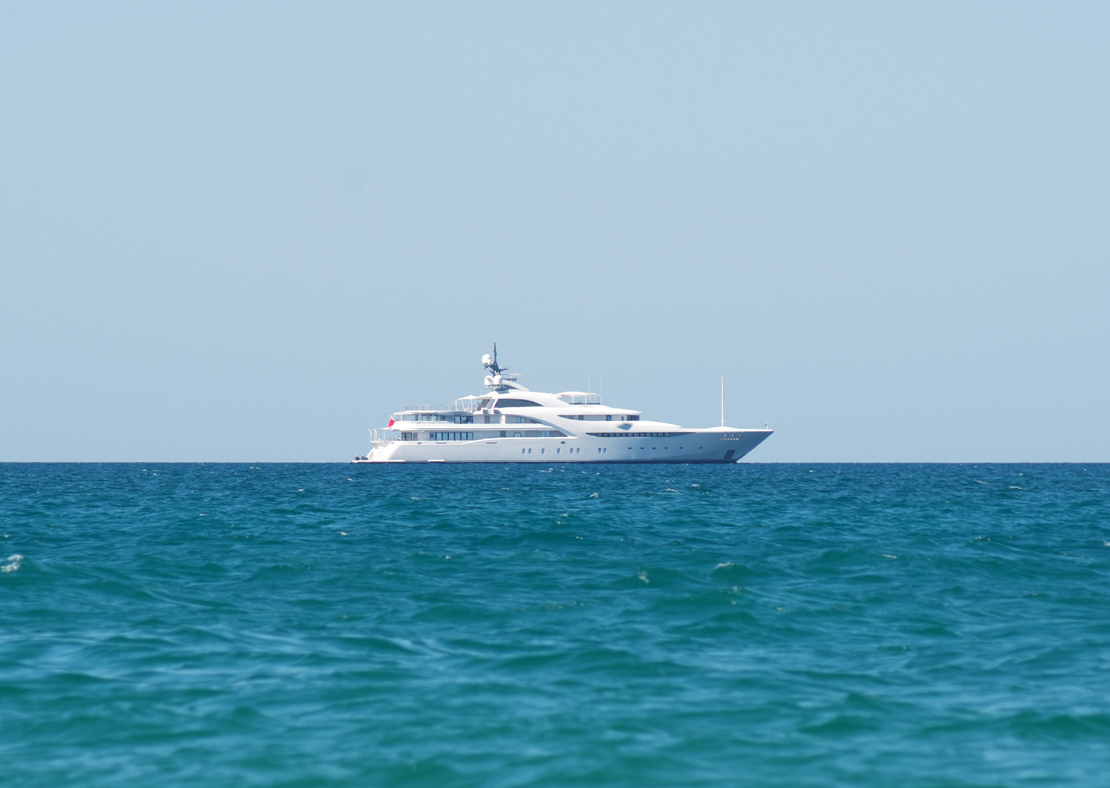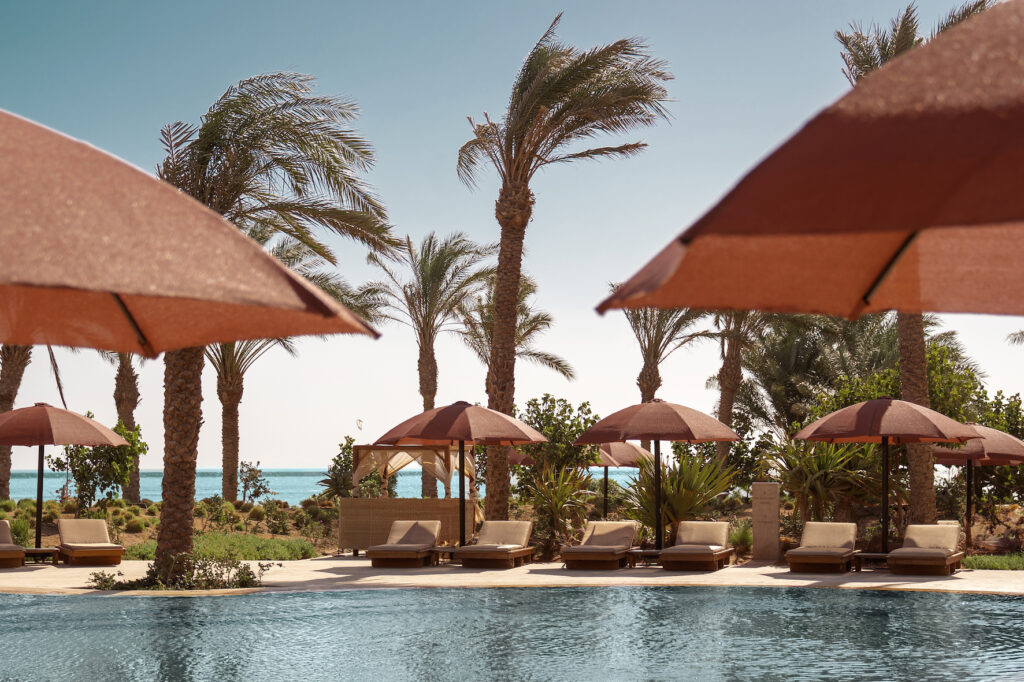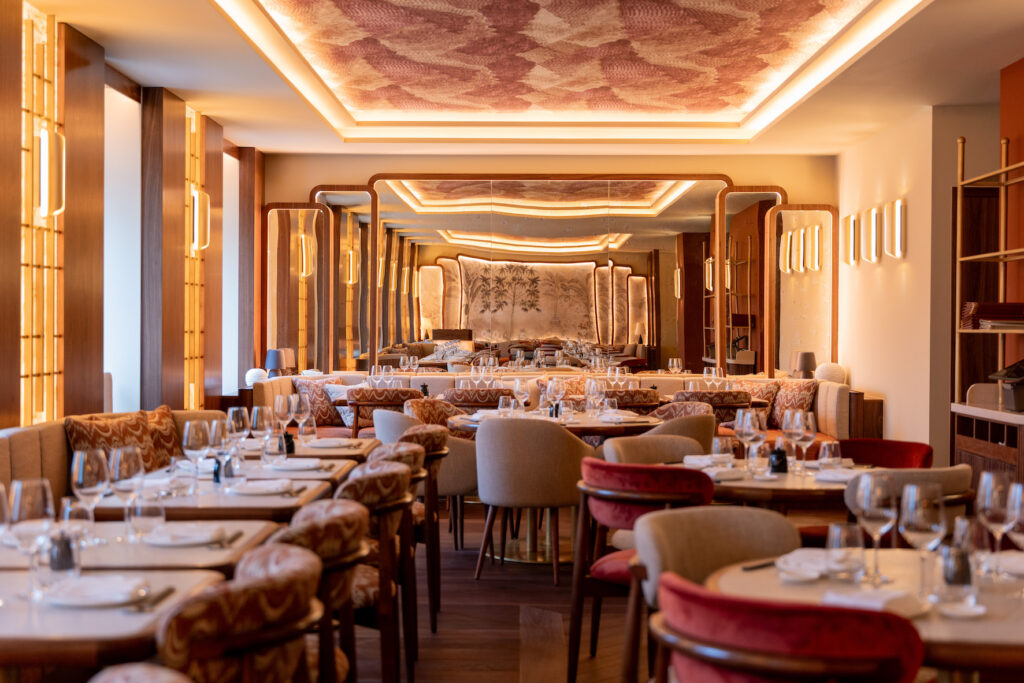Journey or destination? Dr Annalisa Tarquini-Poli and Prof. Dr Phil Klaus, of the International University of Monaco, explore a lifestyle trend that could shape the future of yachting.
The Pandemic, which now seems like a distant memory, has prompted many of us to reconsider our way of life. During those endless months of forced closure, we adapted to a lifestyle no longer dictated by frenzy. Slow living, during that period, may have been forced upon us: but in the end, it appears to have catered for a latent need, hidden away in the corner of some drawer within our psyches.
The concept of doing things unhurriedly has been around for years. Take, for example, the Slow Food movement, which was born in Italy in 1986 – a response to a branch of McDonald’s being proposed near Rome’s Spanish Steps and, according to a statement of Slowfood.it, “an antidote to the “universal madness of the ‘fast life’”.
Since then, the slow movement has spread beyond the culinary world, finding new interpretations in travel (‘Slow Travel’ and ‘Slow Tourism’) and design realm (‘Slow Home’). The trend of embracing life’s pleasures to the fullest is on the rise. Slow appreciation allows us to delve deeper into cultures, the history of products or wine, or the places we visit.
The slow living movement has also made inroads into the fashion industry. In April 2020, during the peak of the pandemic, Giorgio Armani wrote an open letter to WWD (Women’s Wear Daily), the industry’s flagship magazine. His statements attacked the entire industry – and resonated worldwide. “The decline of the fashion system as we know it began when the luxury segment adopted the operating methods of fast fashion, mimicking the latter’s endless delivery cycle in the hope of selling more, yet forgetting that luxury takes time, to be achieved and to be appreciated,” he wrote. “I don’t work like that, and I find it immoral to do so.”
We shouldn’t be surprised that the king of Italian couture is sceptical about the over-acceleration of business and would rather his creations be seen as symbols of timeless elegance and durability. Luxury products are inherently synonymous with quality and therefore durability. And, since he started aligning his business strategy with the principles of the slow-living trend, many other fashion houses and designers have followed his example, such as the Belgian stylist Dries Van Noten and Alessandro Michele, former creative director of Gucci.
More recently, researchers have observed a new extension of the slow movement into the world of events, as highlighted by Werner, Griess & Bosse in a 2022 academic paper on the subject (The Role Of Slow Events For Sustainable Destination Development: A Conceptual And Empirical Review). They introduced the definition of Slow Events and delineated its key attributes, such as authenticity, size, and deceleration. The trio found that, by supporting local businesses and safeguarding local traditions and the environment, ‘Slow Events’ can engender substantial value for a multitude of destination stakeholders. This innovative approach not only enriches event experiences for clients, but also fosters a sense of connection and sustainability within the local community and its environment.
CROSSHEAD: A Growing Trend
In a recent research paper, one of the authors here presented a comprehensive framework for understanding the pillars that govern the evolving realm of slow travel, including aspects such as flexibility, value perceptions, and living in the moment. The purpose was to provide industry managers with practical solutions for successful slow tourism offerings.
In further research, presented at the 3rd Annual UHNWI Insight Summit, we challenged our audience to think about how the yachting world is closer to the tourism world than the nautical world. Essentially, our research showed that the primary reason behind yacht ownership and chartering lies entirely in the experiences these maritime gems provide. As one yacht owner put it, “People buy and use luxury products for personal, emotional and intangible benefits beyond their utilitarian value.”
In essence, a yacht serves as the equivalent of a private hotel, with slow tourism, flexibility, value perception and living in the moment emerging as key themes. Indeed, the Slow Yachting trend is already taking root, while other indicators within the yachting industry indicate the adoption of slow practices and a culture that prioritises a more deliberate and immersive maritime experience.
So how is the yachting business responding? At the end of September, the curtains fell on the Monaco Yacht Show, the industry’s most important event. The first day of the event was not open to the general public to enhance the experience for VIP clients: the perfect application of the Slow Events concept. The reduced crowds created a more exclusive environment, in which important clients could engage with industry players in a relaxed scenario, and in an atmosphere of more intimacy which clients clearly appreciated. Experiencing the world in slow motion invokes slow emotions. Slow yachting entails relishing the beauty of the journey at a leisurely pace, cherishing not just the destination but also the places encountered during a voyage. It means savouring the flavours of local cuisine rather than demanding your favourite New York donuts, retrieved by private jet from near your home. All of this holds a strong appeal in terms of environmental, social and cultural sustainability.
Letting The Sail Out
Slow yachting practices should not only meet client needs but also serve as a compelling call to action within the yachting industry. For example, the September nautical trade shows’ intense programme resembles the frenetic pace of the fashion calendar denounced by Giorgio Armani: a gruelling schedule that could benefit from some time out for reflection.
A Slow Yachting business strategy entails building more profound, authentic relationships with clients, as sought by yacht owners. We should recall how numerous shipyards retained the attention of clients, existing or potential, during the pandemic through exclusive and privileged visits to the shipyards. This relationship, carefully tailored to meet the unique needs of the UHNWI customer, should remain the industry’s focal point, enabling clients to savour experiences fully and at their own pace.
Harnessing inspiration from diverse sectors offers a remarkable wellspring of innovation. Benchmarking practices in removed industries can yield fresh perspectives and insights. Consider, for example, the aforementioned domains of slow fashion, slow food and slow tourism. These spheres share a common thread with slow yachting, emphasizing a deliberate and mindful approach to life’s experiences.
By drawing parallels between these established slow movements and the yachting realm, we can deepen our understanding of slow yachting’s potential and craft new strategies that align with the evolving needs of UHNWI clientele in the modern era. This cross-pollination of ideas is not only a source of inspiration but a catalyst for propelling the industry into a future characterised by sustainable growth and enriched customer experiences.
We’re talking, here, about a transformative change in the way we approach leisure and luxury. This is not a passing trend: it’s a long-term philosophy that encourages us to savour every aspect of the yachting experience, from the journey to the destination. Taking cues from Giorgio Armani and his fellow designers’ critique of the fashion world, and observing their subsequent actions, it becomes evident that the slow yachting trend can also become a resounding call to action. It urges the industry to prioritise more authentic customer relationships, tailored experiences and sustainability.
Inspired by successful slow movements in various industries, slow yachting offers a path to a more conscious, sustainable and fulfilling approach to experiencing the world. Here, the journey itself is as valuable as the destination. It extends an inviting voyage towards a future in which yachting is not just about luxury and leisure but also about meaning and sustainability—a future that awaits us, ready to be explored.






